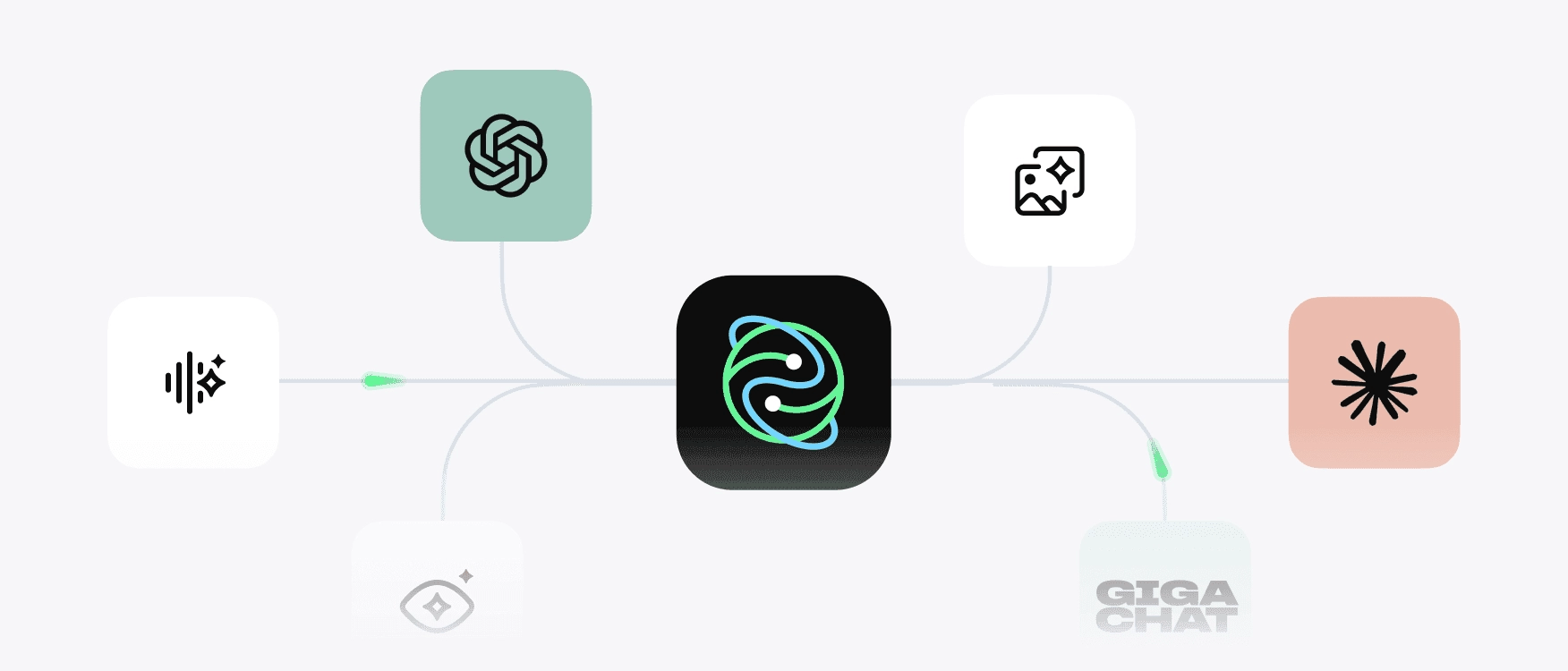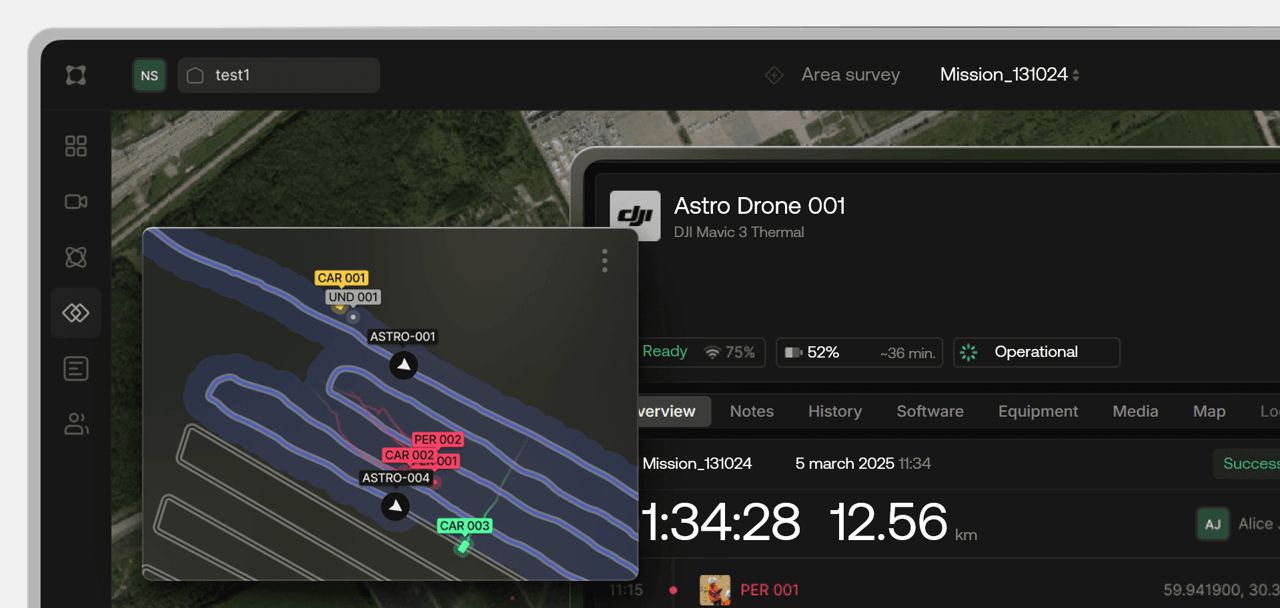Companies typically approach cloud providers with standard requests for which service providers already have ready-to-deploy solutions—servers, routers, cryptographic gateways. However, in certain cases, businesses require specialized hardware due to internal standards, industry-specific needs, particular project requirements, or regulations from information security departments or governmental bodies.
Additional Networks Deployment
Standard internet access is usually enough for commercial companies. However, government organizations often work with large volumes of confidential data. It requires stricter control over network traffic, minimizing the risk of data leaks, and reliable protection against cyberattacks.
If a public sector organization has enhanced security requirements from its InfoSec department or regulators, they may request the deployment of additional networks, such as ViPNet Network Security. This is a hardware-software solution that keeps the organization’s traffic isolated from public internet traffic. It also protects against cyber threats, viruses, and attacks that could impact not just a specific institution but national security overall.
Cryptographic Gateways
A cryptographic gateway is a hardware-software VPN-based solution that encrypts network data traffic. For example, if a bank works with confidential information, cryptographic tools allow it to securely transfer data between branches and operate an internal electronic document system.
If a company uses a standard network across all its branches, it may need cryptographic gateways from a specific vendor. This is often driven by InfoSec department requirements or import substitution policies.
In most cases, companies have their own necessary crypto gateways and bring them to ITGLOBAL.COM’s data center for installation. Our engineers rack and connect the equipment, while the client only pays for the rack space. If the required gateways aren’t available in the provider’s inventory, ITGLOBAL.COM procures them and leases them to the client.
Interconnections with Operators
Some clients require direct interconnection between their on-premises equipment and the cloud infrastructure or internet access via a specific provider. This is necessary to ensure scalability, high-speed access, and secure data transfer between physical servers and cloud infrastructure.
ITGLOBAL.COM Engineers establish these relationships by connecting the client’s equipment to the provider’s servers and routing it to a public or private cloud infrastructure. The challenge arises when the provider’s and the client’s racks are located on different floors of a large data center. In such cases, all components—client hardware, provider infrastructure, and the cloud—must be unified into a single connection through proper cross-wiring and network interconnection.
USB Dongles
Each ITGLOBAL.COM site is equipped with a Dongle Server to connect USB license keys to virtual or physical servers. These are used for 1C licenses or other client-specific software. USB dongles store licensing information that defines which software and features are available to specific users.
Customers who use private or public clouds with virtual machines (VMs) often rely on USB keys to ensure uninterrupted access to licensed software. They bring their keys to ITGLOBAL.COM where engineers install them and connect each to the VM specified in the request.
VDI for Industry-Specific Needs
VDI (Virtual Desktop Infrastructure) allows companies to run virtual workstations on cloud servers, giving users remote access to applications and data without installing them locally.
The standard VDI installation is usually performed on servers with a frequency of 3.0 or 3.2 GHz and meets the needs of most companies, for example, retailers. However, engineering and design firms require servers with 3D graphics cards to support resource-intensive applications and large-scale design work. For such cases, the company ITGLOBAL.COM provides servers equipped with high-performance 3D graphics processors.
Routing Configuration
In data centers ITGLOBAL.COM The main traffic usually passes through two ISPs, while the third provider is used for backup during incidents or maintenance. We use Cisco ASR-9001 routers designed for 10 Gbps or higher traffic.
Most clients are satisfied with standard internet access and don’t require dedicated routers. But if a business requests connectivity via a third provider, ITGLOBAL.COM engineers integrate and configure the necessary custom routing setup.
How ITGLOBAL.COM Meets Unique Hardware Requirements
When a company has specific infrastructure requirements for cloud deployment, they often come to ITGLOBAL.COM with a detailed technical specification (TS) where the number and capacity of servers, network components and its protection, the need to join the operator and so on are specified.
If there is no TS, then the cloud provider carefully works out solutions for a specific client in accordance with the requirements of regulators, the IS department and its needs. Once all technical and commercial aspects are approved, the ITGLOBAL.COM team handles all implementation, ensuring that the client receives a ready-made cloud solution deployed on hardware with the necessary specifications.
Get a consultation from ITGLOBAL.COM








